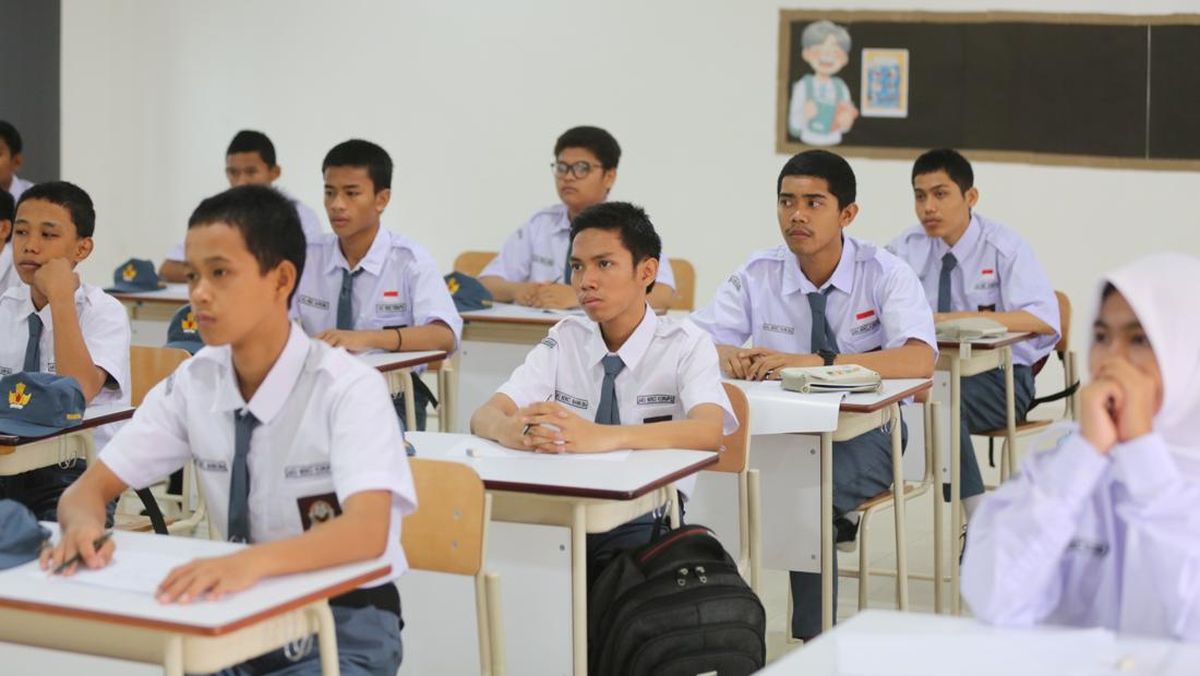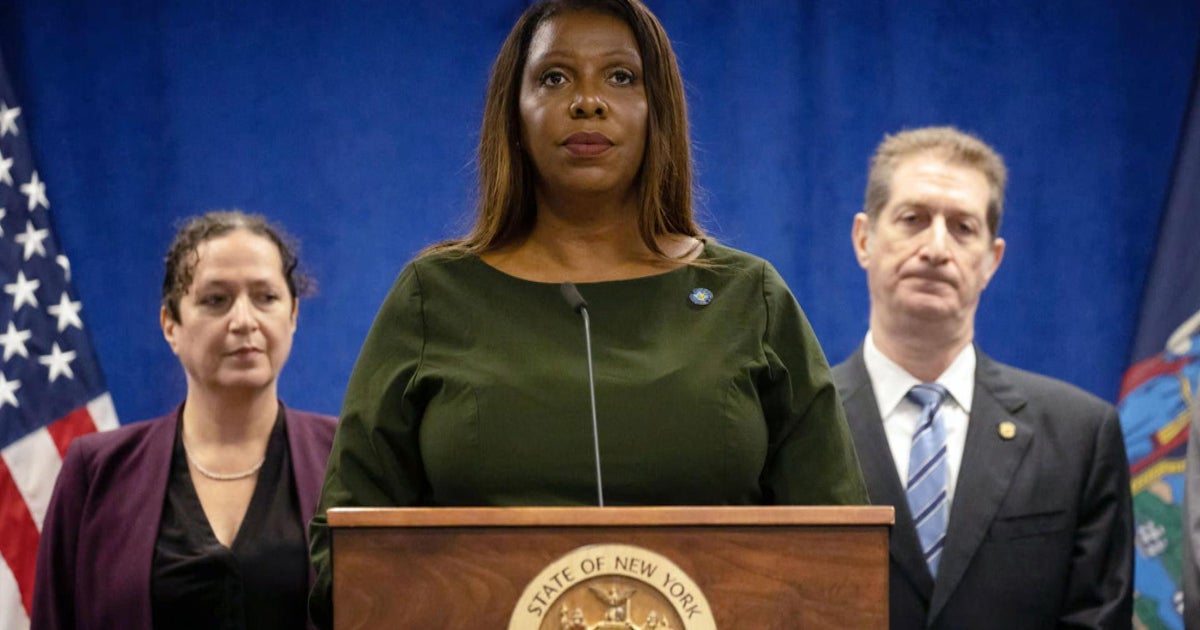Most parents think their kids are special, but for some, their children are quite literally gifted – advanced beyond their peers, with an exceptional natural aptitude in one or more areas, whether that be academic, creative, social, or physical skills.
While being gifted sounds like, well, a gift – and it can be, in many ways – what is often less understood is the challenges involved and the level of support required for many gifted kids. A high intellect is a hallmark of giftedness, but it doesn’t necessarily mean that gifted kids will excel academically, for example.
“Two Federal Senate Inquiries in Australia (in 1988, and 2001) and a state inquiry in Victoria in 2021 have consistently found that over 50 per cent of gifted students are underachieving in our schools,” says Dr Katrina Eddles-Hirsch, a gifted education consultant at the University of New South Wales.
“If the curriculum is not adapted to align with their ability level, they can become bored and frustrated, which can lead to underachievement and in some cases behaviour difficulties,” Eddles-Hirsch says. “It can also mean that they don’t develop essential skills like note taking, study habits or develop strategies for tackling challenging tasks.”

Carol Lo has struggled to find the right support for her daughter Dakota, who now spends up to 14 hours a week at ballet classes.Credit: Eddie Jim
Melbourne mother Carol Lo says her daughter, 11-year-old Dakota, was in year 3 when the school principal advised her daughter had been identified as gifted. Lo says she’s learned that giftedness “doesn’t always look like academic excellence”. “Dakota is clearly a high-ability learner, but she often does just enough to get by … she sometimes doesn’t feel the need to push herself, and that can be misunderstood.”
While Dakota initially attended a school with a gifted education specialist, switching to a new school in year 5 for logistical reasons left her without the support she needed. “They told me [their gifted education program] only supported students with superior, high academic achievement,” says Lo. “Despite the evidence I provided of Dakota’s gifted profile, they made no effort to understand or accommodate her needs.”
Loading
Sydney mother Dallas Odegard is also familiar with the challenges of finding the right school environment for her children. Margaret, 11, and George, 9, are both gifted and had vastly different experiences at the same school due to the varied level of interest and understanding of their teachers.
While Margaret had a teacher who challenged her, allowing her to develop at her own level, George became increasingly bored, frustrated and isolated with a teacher ill-equipped to support his giftedness. When Odegard found a school for her kids that had a clear gifted and talented program and transferred them to it, she says it was a “complete game-changer”.
“Both children are thriving academically and socially in ways we hadn’t seen before,” she says.
Dominic Westbrook, a counsellor for gifted children at Gifted Minds, says that our education system “is not set up for these children”.
“The curriculum is not designed for those who think outside the box,” he says. “Emotional issues for gifted children often arise if they are experiencing severe intellectual frustration at school.”
Eddles-Hirsch notes that the social and emotional dimensions of giftedness are often overlooked. Gifted children frequently have to deal with expectations and pressure to excel in all areas, as well as difficulties relating to or connecting with their peers – problems that are exacerbated in a traditional school sitting where kids are grouped by age. On top of that, there are also specific emotional characteristics common among gifted individuals that can be misunderstood.
“One of the traits that stands out most in Dakota is her high sensitivity,” says Lo. “This emotional intensity, combined with her intellectual capacity, means that she often needs guidance to manage her feelings and expectations. Gifted children like Dakota often experience asynchronous development – where their intellectual abilities are far ahead of their emotional or social skills. That gap can lead to perfectionism, anxiety, and frustration, especially when their needs aren’t fully understood.”
“Giftedness is not just about academic ability, it affects the whole child,” says Odegard. “For us, the biggest lesson has been that finding the right environment makes an enormous difference. When gifted children are given opportunities to learn at their level and to connect with peers who share their interests, they can truly thrive, not just academically but socially and emotionally as well.”
Eddles-Hirsch says that while the level of support gifted students receive varies from school to school, it’s nevertheless a good place to start when it comes to identifying and supporting a child’s giftedness.
“Working positively with your child’s school is still a key step toward having their potential recognised, supported, and developed into talent.”

Gifted children can find it difficult to connect with peers their own age.Credit: iStock
Beyond that, extracurricular enrichment programs designed specifically for gifted kids can be hugely beneficial, such as MindQuest and GERRIC in New South Wales or G.A.T.E.WAYS and MENSA, which both run programs and events across Australia. These programs not only help support a child’s giftedness, but also connect them with other gifted kids, giving them a sense of belonging they might not usually feel at school.
Figuring out and nurturing a gifted child’s personal strengths and areas of interest can also go a long way.
Loading
“When a gifted child is intrinsically motivated, they can achieve extraordinary things,” says Lo, whose daughter Dakota decided to pursue ballet and is now in her third year at a professional Russian ballet school, training 10-14 hours a week. “She’s deeply committed and refuses to miss a single class. That discipline, passion, and self-direction is the kind of motivation that schools often miss when they only measure giftedness through academic scores.”
Odegard says that she and her husband try to support their kids by creating opportunities outside of school, doing not just enrichment programs but also things like visiting museums and encouraging their individual passions. “While it hasn’t always been easy, one of the joys of raising gifted children has been sharing those passions as a family – things like reading, exploring ideas, and seeing the world through their eyes.”
Most Viewed in Lifestyle
Loading


















































